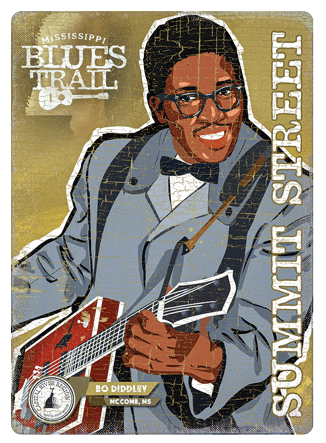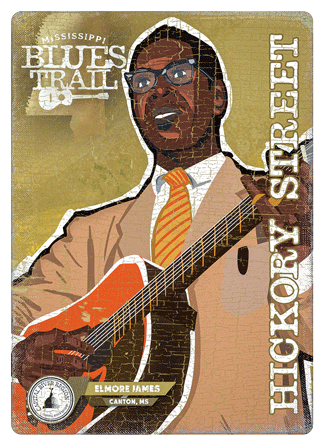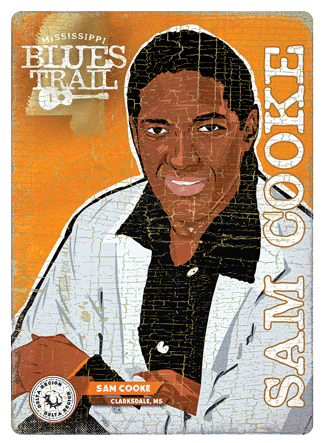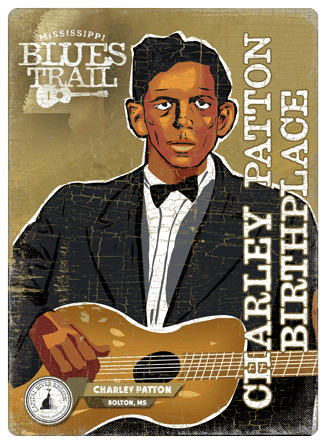
Summit Street was a thriving African American business district during the era of segregation, as well as a hotbed of musical activity. Blues, jazz, and rhythm & blues bands entertained at various nightclubs, cafes, and hotels, and many musicians lived nearby. In McComb and many other cities, commerce in areas such as Summit Street began to decline when much of the African American trade dispersed to other parts of town after the coming of integration in the 1960s.
Summit Street, a historic center of African American culture, entertainment, and politics, was once a dirt road lined with dozens of businesses, including several cafes and clubs that featured blues music. During McComb’s turbulent 1960s, when bombs destroyed nearby homes and businesses, club owners who supported the civil rights movement were among those beaten and arrested. Four decades later, McComb elected a man who grew up on Summit Street, Zach Patterson, as its first African American mayor.
In the heyday of Summit Street, recalled local businessman Bennie Joseph, “People come from all over to McComb, from Chicago all the way to New Orleans, man. It was a wide open city. They had clubs, gambling, corn liquor, everything . . . Dancing, partying, drinking. Clubs, clubs, clubs . . . .” The Harlem Nightingale, which later became the Elk Rest Club, and Brock’s Mocombo No. 2 (formerly the Club Rockett) were McComb’s primary venues for touring blues, R&B, and jazz acts. Ralph Bowsky operated the Nightingale, while Van Brock called his club the McCombo in honor of McComb, although the name was usually spelled Mocombo. As the primary stop on the “chitlin circuit” between Jackson and New Orleans, McComb drew national talent such as B. B. King, John Lee Hooker, Muddy Waters, Lightnin’ Hopkins, Roy Brown, Ivory Joe Hunter, Solomon Burke, Marvin Gaye, Little Milton, Bobby Rush, Archie Bell & the Drells, Lucky Millinder, Ray Charles, Fats Domino, Dave Bartholomew, Lloyd Price, Roy Milton, The Bar-Kays, Groove Holmes, Cab Calloway, Louis Armstrong, Redd Foxx, and McComb’s most famous native, Bo Diddley. McComb also developed its own rich musical heritage, with Wakefield Coney, better known as “Big Moody,” a longtime local blues favorite.
The McComb area’s impressive musical roster also includes Vasti Jackson, Robert “The Duke” Tillman, Larry Addison, Randy Williams, Fread Eugene Martin (aka Little Freddie King) and his father, Jesse James Martin, Zebedee Lee, Brandy Norwood, Omar Kent Dykes, Steve Blailock, Charlie Braxton, Ric E. Bluez, Reverend Charlie Jackson, Bernard “Bunny” Williams, Pete Allen, Chainsaw Dupont, Johnny Gilmore, Robert Rembert, John Lee Allen (“Tater Boy”), vocal group singers Prentiss Barnes of the Moonglows and Robert “Squirrel” Lester of the Chi-Lites, and Leon “Pop” Williams, founder of the Williams Brothers gospel group. The area was also an active center for blues pianists in the 1920s and ‘30s, according to piano legend Little Brother Montgomery, and McComb reportedly was at one time the home of early blues and gospel recording artists King Solomon Hill (Joe Holmes), Cryin’ Sam Collins, and the Graves brothers, Roosevelt and Uaroy.


